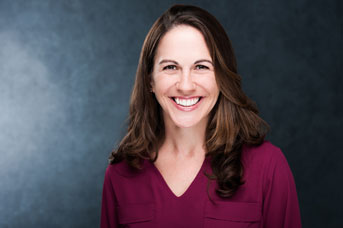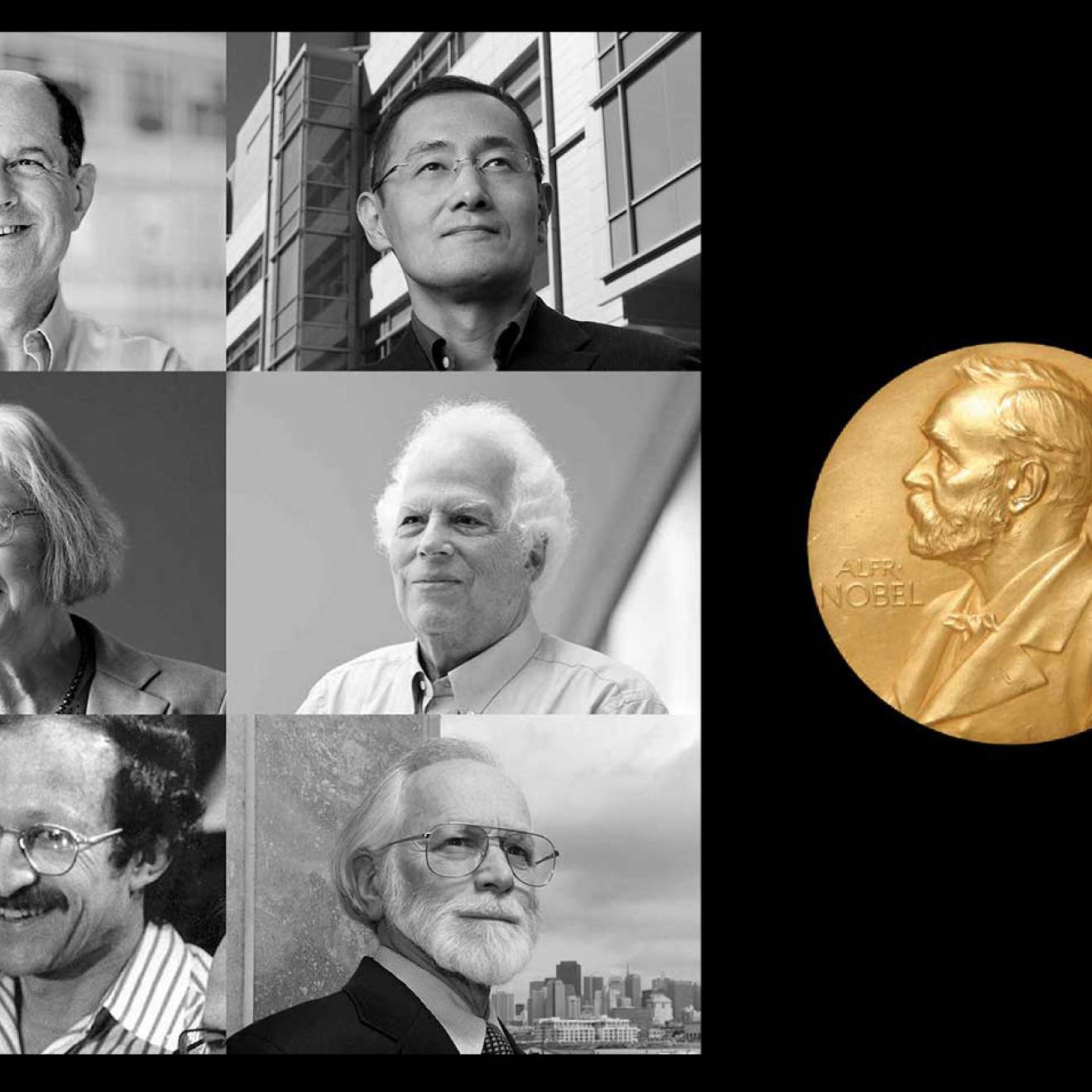Cynthia Lee, UCLA

If you are still in a quandary about what to give a close friend, parent or an adult child for the holidays, then take a tip from a UCLA social scientist, a marketing expert who has researched what kind of gift will make that recipient feel more connected to you.

Credit: UCLA
Cassie Mogilner Holmes, a UCLA Anderson associate professor of marketing who has been called the world’s leading authority on consumer happiness, says giving a gift of an experience — like a gift card to someone’s favorite restaurant — will be more effective at strengthening a relationship than giving material goods.
“What we found was that the recipient feels more connected to you as the gift giver after receiving an experiential gift rather than a material one,” said Holmes, who earned a Ph.D. from Stanford with a focus on social psychology. In her research, she has focused on such thought-provoking questions as what makes people happier — having more time or more money?
Holmes was recently honored by the Association of Consumer Research, a preeminent society within the field of behavioral marketing, with its 2016 Early Career Award for her contributions to consumer research. Said Chris Janiszewski, chair of the award committee, “The award reflects the tremendous influence Dr. Mogilner Holmes has had on academic and industry audiences.”
"Everybody wants to be happy," Holmes said. “But we don’t often know the best path towards that end. I am trying in my research to understand what are the ways we can think and behave that are most conducive to our happiness and well-being.”
What makes a Happy Father's Day
To study the effectiveness of gifts, Holmes and her colleagues worked with a group of fathers and measured how close they felt to their children before and after Father’s Day. The researchers then looked at what their children gave them. “We found that fathers who received experiential gifts experienced an improvement in their relationship with their children,” she said.
They observed similar results when studying pairs of friends, in which one was assigned the role of gift giver and given $15 to buy the other friend either an experiential or material gift. It turned out that those who received an experiential gift felt closer to their gift-giving friends, she said.
“Consuming experiences seems to be more emotionally rich than consuming material gifts,” Holmes said. “And that sort of intensity of emotion translates into feeling more connected and a stronger relationship.”
On a broader level, Holmes has been exploring the relationship between happiness, time and money for almost a decade. She’s looked deeply into such intriguing questions as: Does the meaning of happiness change as people age? With so much to do and so little time, everyone seems to be caught in a time famine. So how can people de-stress from time pressures? And what gives people more joy — an ordinary experience like taking a walk on a sunny spring day or an extraordinary experience like going on a photo safari in Africa?
Time or money?
One of the most central questions Holmes has investigated is what makes you happier: time or money. Many Americans would invariably say having more money could buy more happiness.
But her studies have found just the opposite — when your attention is drawn subconsciously to time, you are more motivated to engage with other people, and that will make you happier than if you were thinking about money.
To see whether subconsciously thinking about time or money could actually influence behavior, Holmes and her colleagues went to a café where people’s tendencies to socialize or do work could be observed. People entering the café were asked to quickly form sentences out of four scrambled words. Some were given time-related words, others money-related words and the rest got neutral words.
Those who were led to think about time spent more time in the café socializing.
“They were more likely to chat with others waiting in line or sitting at their table, whereas those who were led to focus on money were more likely to spend time studying or doing work in general,” she observed. As they left the café, people were asked how happy or satisfied they were with their experience at the café.
“Those who had been led to think about time and spent more time socializing left happier than those who were led to think about money and did more work,” Holmes noted.
Time makes you happier
The question of what people want more of — time or money — was posed by Holmes and her Anderson colleague Hal Hershfield to thousands of Americans representing different ages, socio-economic levels, occupations, races and genders.
“We found that those who were more likely to choose having more time over having more money were happier,” said Holmes, noting that this was consistent even when the researchers controlled for how much time and how much money people had.
And while this effect persisted across all ages, she found that the number of people who chose time over money increased with age. But the psychology around these choices has less to do with age than with people’s outlook on their futures and on time, she explained.
“Younger people who feel their time is expansive and that they have a very long future in front of them will enjoy greater happiness from extraordinary experiences,” Holmes said. “For older people who feel their time is limited and fleeting, they feel a need to savor the moment. These people extract happiness from even mundane, ordinary experiences, like having coffee with a friend.”
Holmes, a busy mother of two young children, has also found a way that people can offset the stress of being caught in a time famine — having too much to do and not enough time to do all of it.
In several studies, researchers found that if people spend their time on others rather than themselves— as volunteers, for example — they actually feel like they have more time.
“It seems that spending time on or for others makes people feel very effective, as if they have accomplished a lot more than those who spend their time on themselves: ‘I’ve done this. I’ve accomplished that. I can do so much; therefore I must have plenty of time,’” she said.
Implications for retirees
This research has a clear implication for retirees and their outlook about their future, Holmes said. If they can view their timeline as long — that this is the beginning of a new phase instead of one that will be short — retirees might be more motivated to find happiness in exciting, extraordinary experiences — like going on an adventurous trip that they have always dreamed about.
“If retirees feel that their time is more limited, then calming experiences will contribute more to your happiness,” Holmes said.

